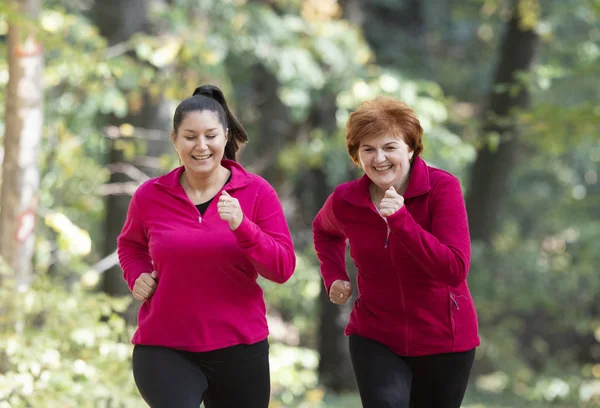Share this @internewscast.com
A look at “Physical Activity Shields Breasts From Cancer Before Menopause” For women navigating the years before menopause, a new study funded by Breast Cancer Now offers encouraging news: regular physical activity during leisure time may be a potent weapon against breast cancer. This research, published in the Journal of Clinical Oncology, sheds light on a modifiable factor that could offer significant risk reduction for younger women.
Diving into the Data
The study meticulously examined data from 19 global studies, encompassing over 547,000 women still in their premenopausal years. Over an average follow-up of 11.5 years, a sobering reality emerged: 10,231 women received diagnoses of breast cancer. Researchers at The Institute of Cancer Research in London meticulously categorized the data based on self-reported leisure-time physical activity, including sports, cycling, and recreational walking.

The Power of Movement
The results were clear: women who logged the most leisure-time activity, occupying the top 10% of the physical activity spectrum, enjoyed a 10% lower risk of developing breast cancer before menopause compared to their least active counterparts. This benefit held true even after accounting for other key breast cancer risk factors like BMI, family history, smoking, and alcohol consumption.
No Magic Number, Just Consistent Movement
Encouragingly, the study didn’t pinpoint a specific “magic number” of exercise minutes required for protection. Instead, it highlighted the importance of consistent movement, emphasizing that the more moderate and vigorous physical activity women engaged in outside of work, the lower their breast cancer risk. This finding empowers women to find activities they enjoy and gradually incorporate them into their routines.
The Science Behind the Sweat
While the exact mechanisms remain under investigation, previous research suggests that physical activity may lower sex hormones like estrogen and testosterone, known to be associated with increased breast cancer risk. Additionally, it reduces insulin and growth hormone levels, both potentially contributing to cancer growth. Furthermore, physical activity dials down general inflammation, another player in cancer development and progression.
Empowering Action, Not Panic
It’s crucial to remember that breast cancer risk is influenced by a complex interplay of factors, many of which fall beyond our control. However, this study empowers women to take proactive steps towards their health by incorporating small, sustainable changes focused on physical activity. Resources like Breast Cancer Now’s Younger Women Together program offer invaluable support and connection for women navigating this journey, providing a platform to share experiences and access vital information.
The Final Takeaway
This research is a significant step forward in understanding the link between physical activity and premenopausal breast cancer risk. While it doesn’t guarantee immunity, it paints a compelling picture of prevention through empowered choices. By incorporating even small doses of movement into daily routines, women can potentially reduce their risk and take charge of their health in a meaningful way. Remember, every step, every cycle, every workout session counts. So lace up your shoes, find your passion, and move your body for a healthier future.











